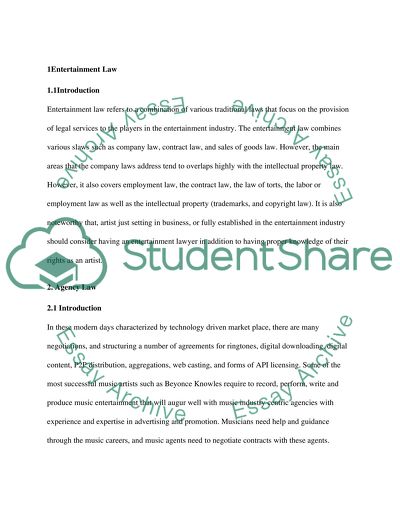Cite this document
(“Enforcement of entertainment laws Essay Example | Topics and Well Written Essays - 4000 words”, n.d.)
Retrieved from https://studentshare.org/law/1397332-music-industry-management-entertainment-law
Retrieved from https://studentshare.org/law/1397332-music-industry-management-entertainment-law
(Enforcement of Entertainment Laws Essay Example | Topics and Well Written Essays - 4000 Words)
https://studentshare.org/law/1397332-music-industry-management-entertainment-law.
https://studentshare.org/law/1397332-music-industry-management-entertainment-law.
“Enforcement of Entertainment Laws Essay Example | Topics and Well Written Essays - 4000 Words”, n.d. https://studentshare.org/law/1397332-music-industry-management-entertainment-law.


